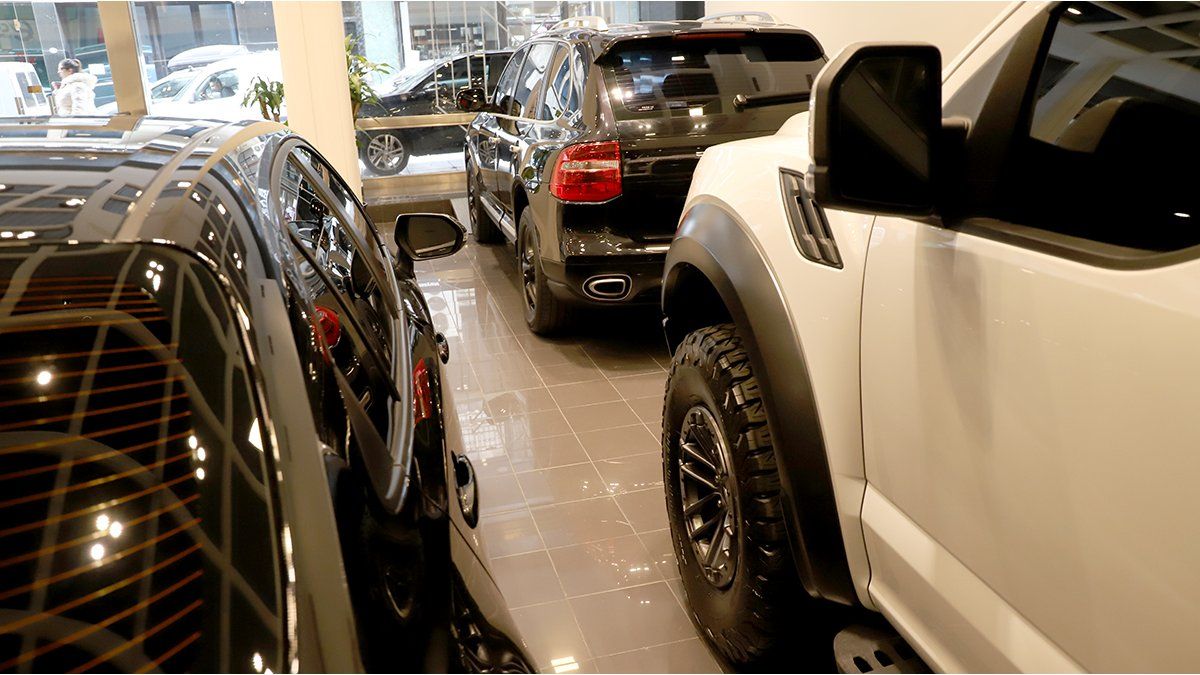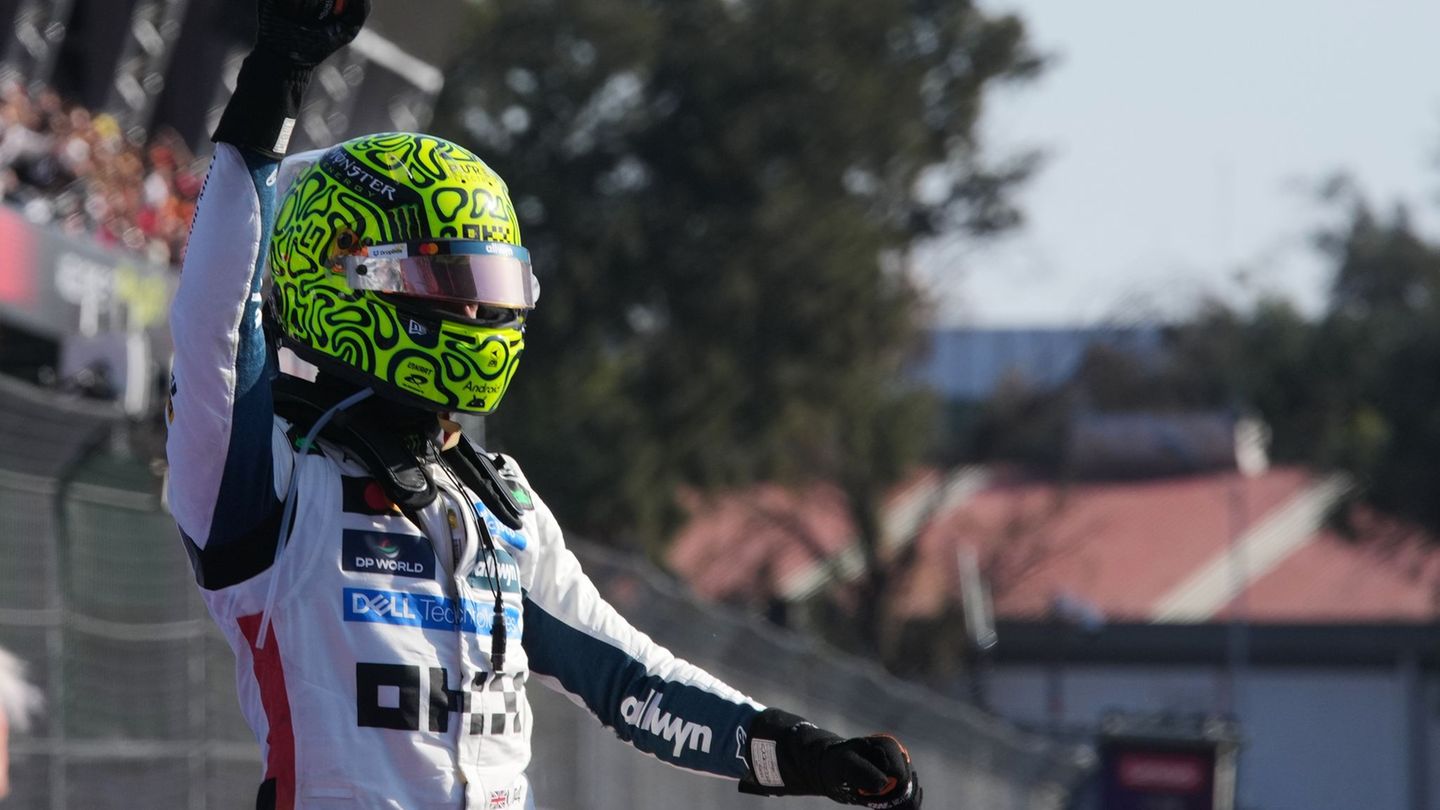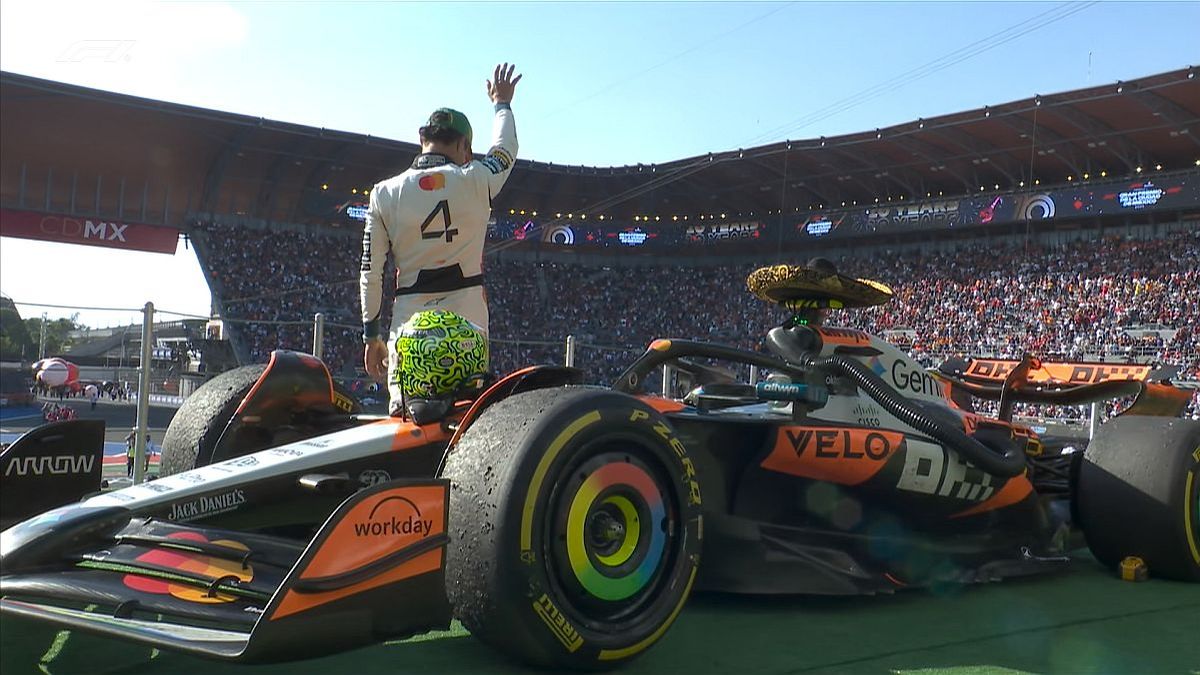Currently, all 0km of more than $14,700,000 must pay this tax, which implies an increase in the values of between 25% for this scale and 50% in the values of the cars.
It is true that many models are being sold on the market at premium prices, especially imported ones, which exceed that value, but since it is a private negotiation between dealerships and buyers, they do not pay the tax.
If the devaluation is transferred directly, all vehicles would have to pay this tax, which would cause excessive increases.
“We must keep in mind that the revenue it generates is not important but that it was applied to stop the outflow of dollars. If they do not make a change, the revenue will fall more because car sales will collapse,” they said from a automotive.
For this reason, as stated Ambit, The Government has been working on a modification to the Internal Tax regime so that fewer cars are affected.
“We are dealing with the issue,” an official had acknowledged to Ámbito last week when asked about a possible modification.
“Without a doubt it must be modified. The problem has been identified. Saying when the modification will be made is premature. It is being analyzed,” the source added.
Despite being a tax, the modification is not necessary to be made by law, unless a substantive change is sought.
Through a decree, the tax base can be changed and the majority of the 0km are outside the tax without altering the general rule.
It is a solution similar to the one applied at the beginning of Mauricio Macri’s administration, in January 2016, when he eliminated the first stopover and reversed what was done by the government of Cristina Fernández de Kirchner.
Alberto Fernández, in 2019, re-implemented the pre-Macri scheme, which is the one in force.
As Ámbito was able to find out, the draft decree being worked on would temporarily suspend the first scale of this tax starting in January. There would not be, for now, a permanent elimination, as was established in the Cambiemos government.
The period of this suspension would, in principle, be for three months. This is the period that the Government considers critical due to the high inflation that is expected.
It must be taken into account that the adjustment of the tax base is carried out quarterly, taking the increase in the cost of living from the previous three months.
Today the update that was made on December 1 is in force by law and the next correction would have to be made in March. To modify this form of updating, another law is required. Not to modify or suspend the scales.
With inflation rising sharply, if the scale is not adjusted, with the increases made by automobile companies in January and February, even the cheapest car would have to pay to be considered “luxury.”
Once this period has expired, it will be evaluated whether it is necessary to extend it or return to the current scheme, depending on the inflationary situation.
“The idea is to temporarily carry out and then analyze a possible change in the law. The issue today is to solve the price disorder that exists due to the cap imposed by the tax,” the Government explained.
Meanwhile, from the car factories, they see this solution as “something possible” at a time with so many emergencies that President Milei must face.
“The decree suspending the application of the first tranche will cover the price disruption due to the devaluation and inflation of the first quarter. Afterwards, it is assumed, the quarterly adjustment that now governs everything is put back into place. If there is no jump in the dollar, it will be fine,” they explained from a terminal.
In any case, the final decision has not been made and depends on the approval that comes from the Minister of Economy, Luis Caputo and, obviously, from Milei.
The idea is that it will come into force next week to allow automakers to update their lists without the cap imposed by the tax today.
With this scenario, in terms of car prices, the suspension of the first scale of the “luxury” tax will be a relief and will be passed on to the public. The impact is 25% on the price of 0km.
In a context of lower inflation, the improvement would be felt directly, but with prices that are going to rise sharply, the fiscal “impasse” will only mitigate the impact of the adjustments.
For the second scale, which reaches the highest value cars, the current scheme would be maintained.
Source: Ambito




